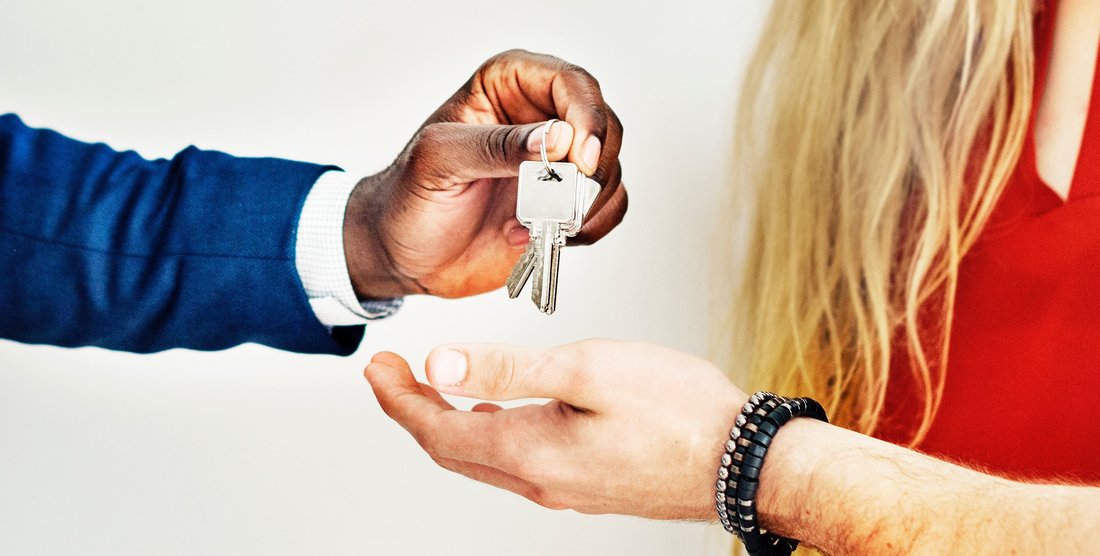Minnesota Bankruptcy Lawyers Here To Serve You
With mortgage interest rates so low, some consumers are tempted to refinance their homes to pay off their debt. This is not a good move for most consumer, particularly if you are having trouble paying off your debt. For some, bankruptcy may be a better option.
Credit Card Debt in the U.S.
A Wall Street Journal article published in October of 2018 estimates that the typical consumer in the United States carries approximately $6,354 in credit card debt along with an additional $1,841 in retail credit debt. This type of debt can feel overwhelming, particularly if you are only making minimum monthly payments. Minimum monthly payments often pay only enough to cover the interest and a tiny amount towards the principal balance, meaning many consumers will be dealing with the debt for years, not months because the balance is decreasing very slowly.
Type of Debt Carried
Homeowners often get the benefit of tax breaks when paying interest payments on their mortgage. This can make it even more tempting to pay off credit card and retail card debt with a second mortgage, or by refinancing their first mortgage. Additionally, since most credit card interest is in the mid-double-digit area, while mortgage interest rates are in the mid-single digits, many consumers feel it will save them money over time.
This may be true, but refinancing your home comes with risk: Credit card and retail card debt is not secured. Therefore, if you are unable to make a payment, or even a series of payments, you are not going to lose your home. If you miss three mortgage payments, you could be facing foreclosure. This is not the only risk.
When people refinance to take money out of their house, they usually get a worse interest rate than they already have for three reasons. First, interest rates are slowly increasing over time. Second, mortgage companies call this type of refinance a “cash out refinance,” and they think it makes people more risky, so they charge a higher interest rate than a regular refinance. Third, people who have lots of credit card debt also tend to have a low credit score. Whenever you refinance with a low credit score, the mortgage company will charge you a higher interest rate. It is very common for people to have their mortgage payments increase by $300 to $600 as a result of refinancing to consolidate credit card debt. If you file bankruptcy instead, then your mortgage payment stays exactly the same and you get to keep a good interest rate on your mortgage.
Losing Equity and Adding Time
If you have been living in your home for five years and you have been making regular payments, you have built up additional equity in your home. You have also paid down your mortgage or five years meaning you now have 25 years to pay it off if you took out a thirty-year mortgage.
Mortgages are not without costs, even when you are refinancing. This means you may be paying closing costs, application fees, fees for credit reports and appraisals as well as other fees. If your mortgage loan is approved, you could also find that instead of having a 25-year mortgage when the process is complete, you now have a 30-year mortgage. If you look at the cost of refinancing and the “added” years on your mortgage, chances are your credit card repayment is now higher than it would have been should you have continued to make regular payments.
Bankruptcy, Your Home and Credit Card Debt
You do not need to put your home at risk to pay off past-due credit card debt. In fact, you may be better off filing bankruptcy instead. Here are some of the advantages of filing bankruptcy versus refinancing your mortgage:
- Eliminates credit card debt — Chapter 7 bankruptcy is called a “fresh start” for a reason. In nearly all cases, you can keep your home, and eliminate your credit card debt. If you do not qualify for Chapter 7, Chapter 13 may still eliminate a lot of your credit card debt, and it will stop additional interest and penalties.
- Stops collection activities — your creditors cannot obtain a judgment, continue collection activities, or garnish your wages once you file for bankruptcy. You will be under a lot less stress when you are not getting calls from creditors.
- No risk to your home — perhaps the biggest benefit to filing bankruptcy to manage your credit card debt is you are not putting your home at risk. In Minnesota, your house is exempt up to $420,000 of equity as of 2018.
Most people who file bankruptcy and complete the process including financial management classes find they are better able to handle their finances in the future and tend to take on less debt. If your credit card debt feels overwhelming, speak to an experienced Minnesota Bankruptcy Attorney today.
Call Walker & Walker Law Offices, PLLC at 612.824.4357 and let us help you make the right decision for you, your family, and your financial future. You can also fill out the Free Evaluation Form to see whether bankruptcy is right option for you.


